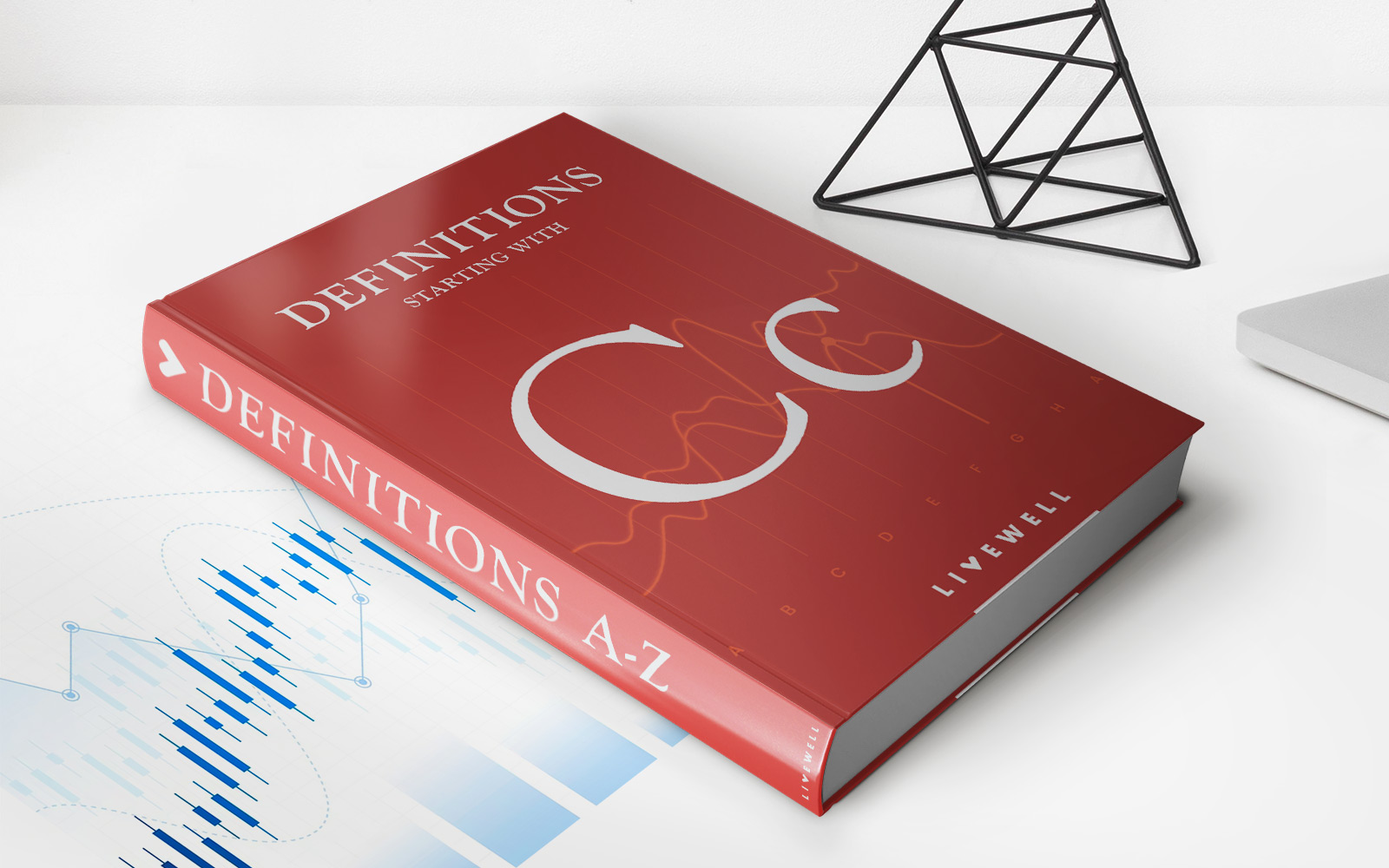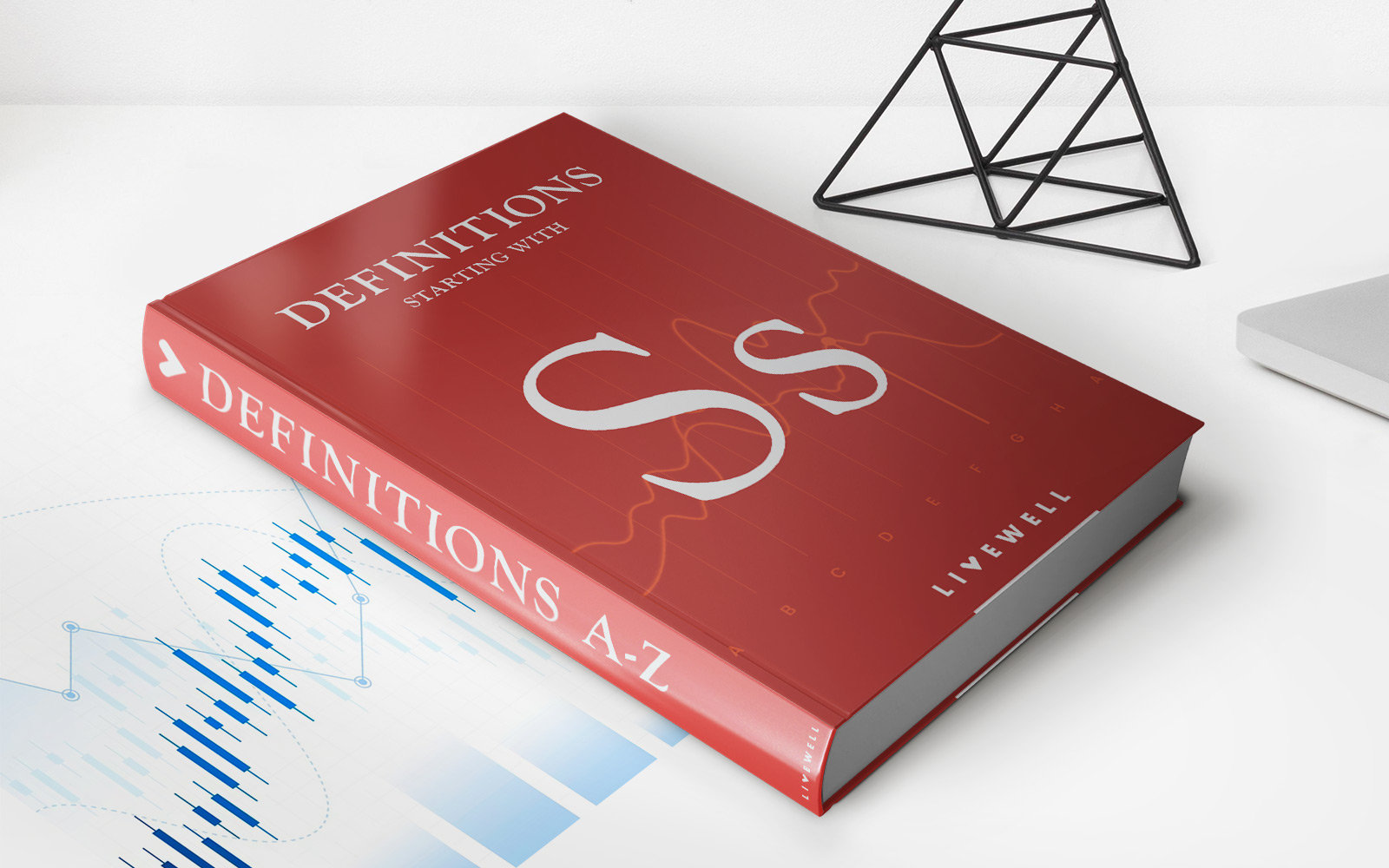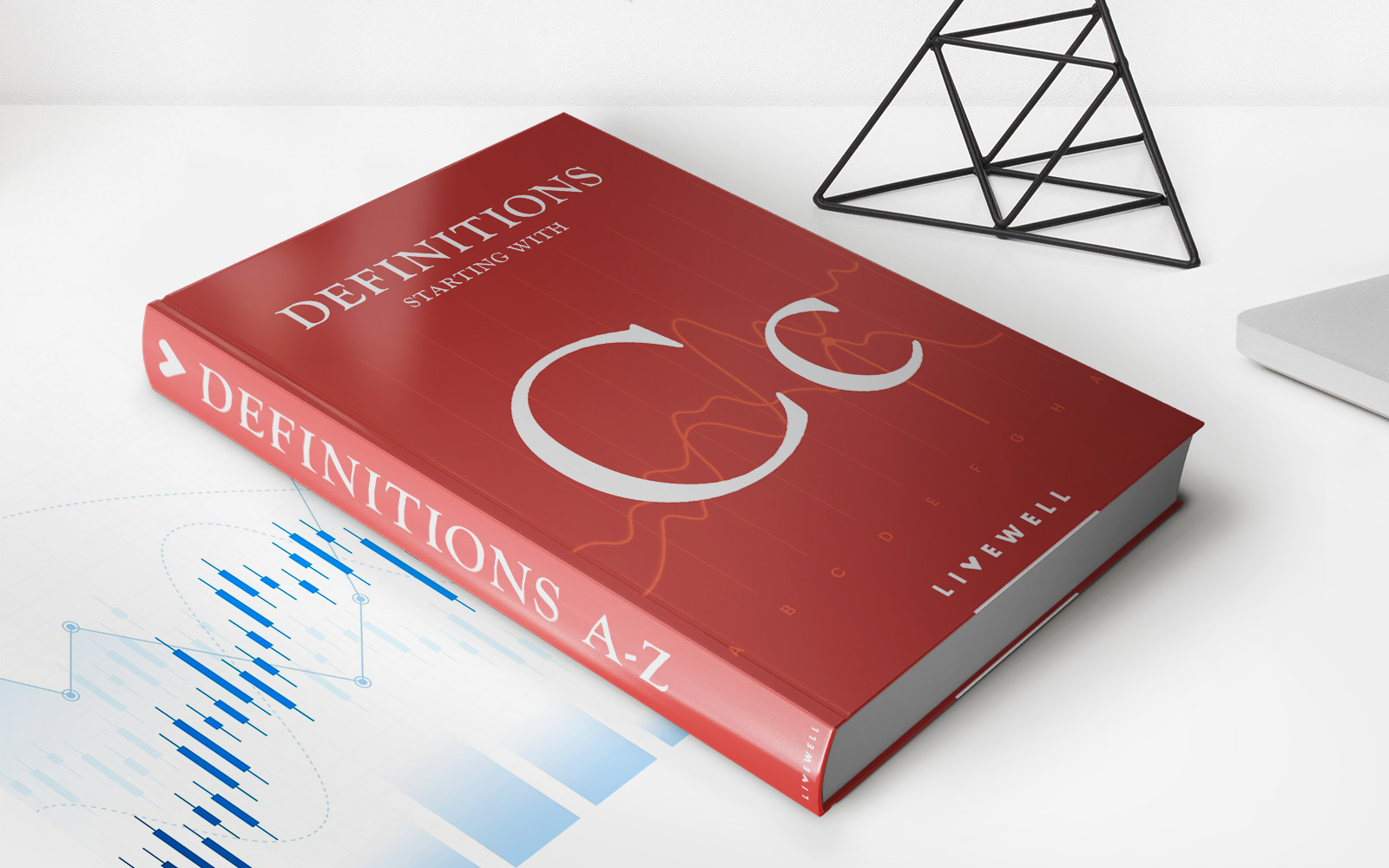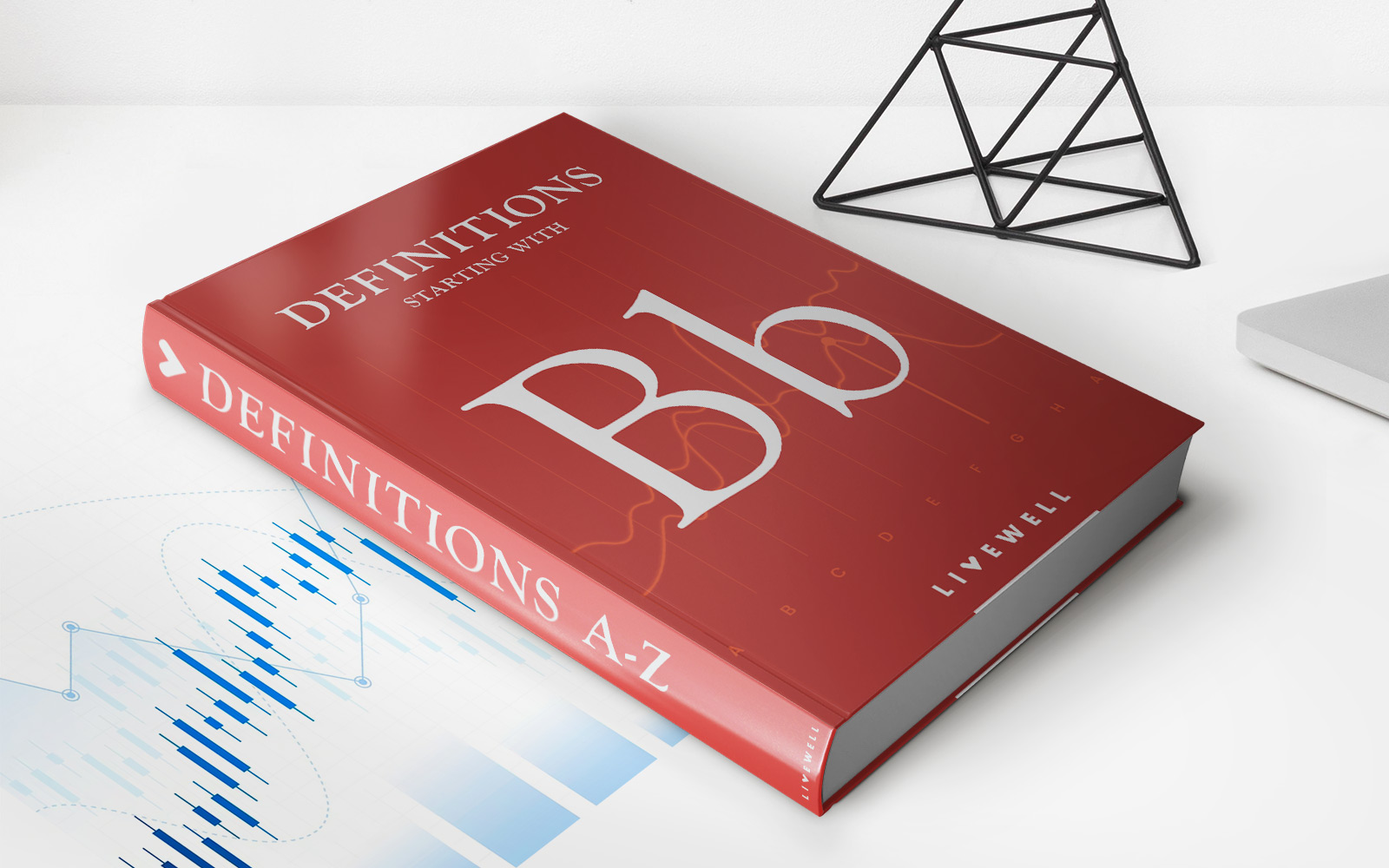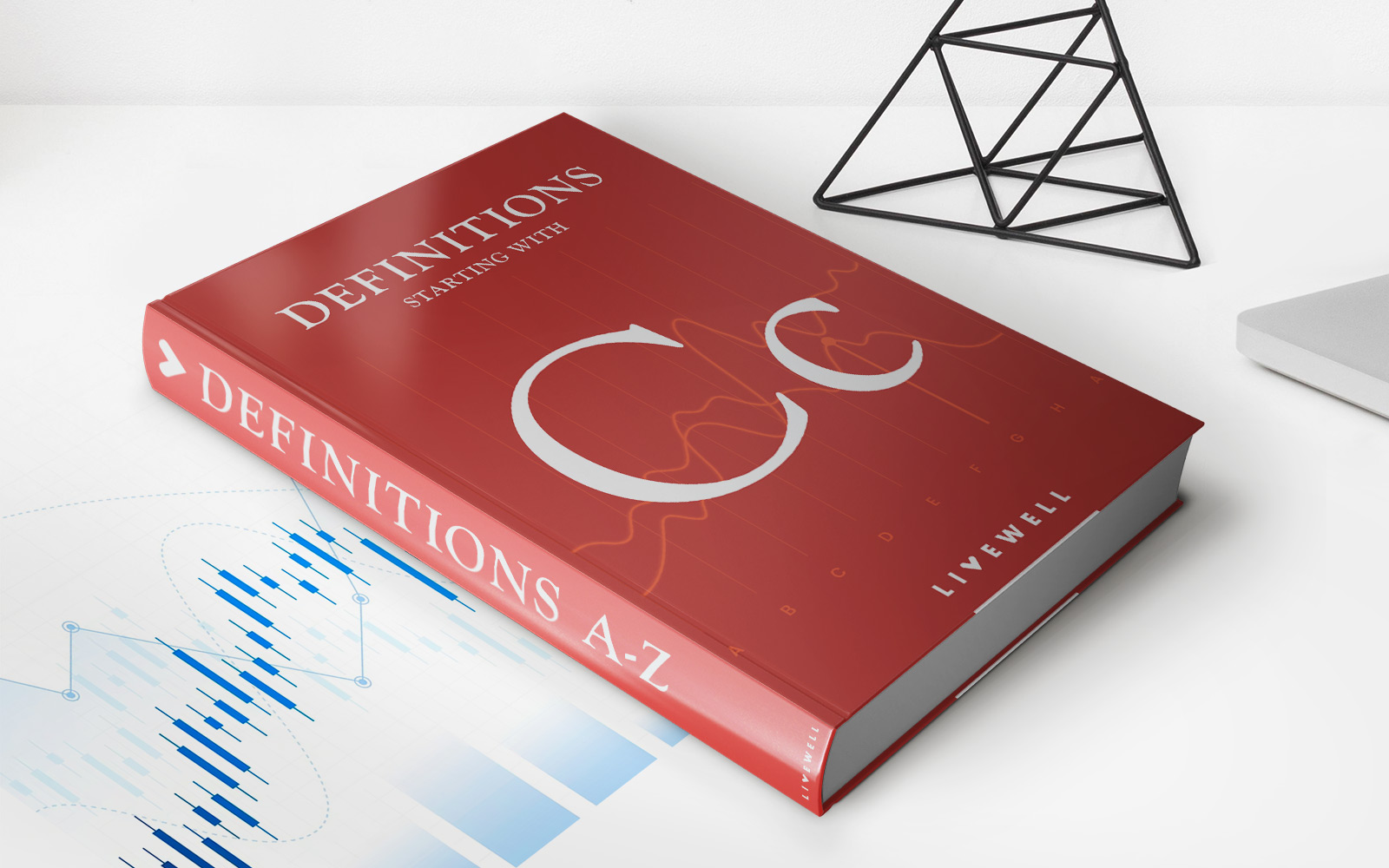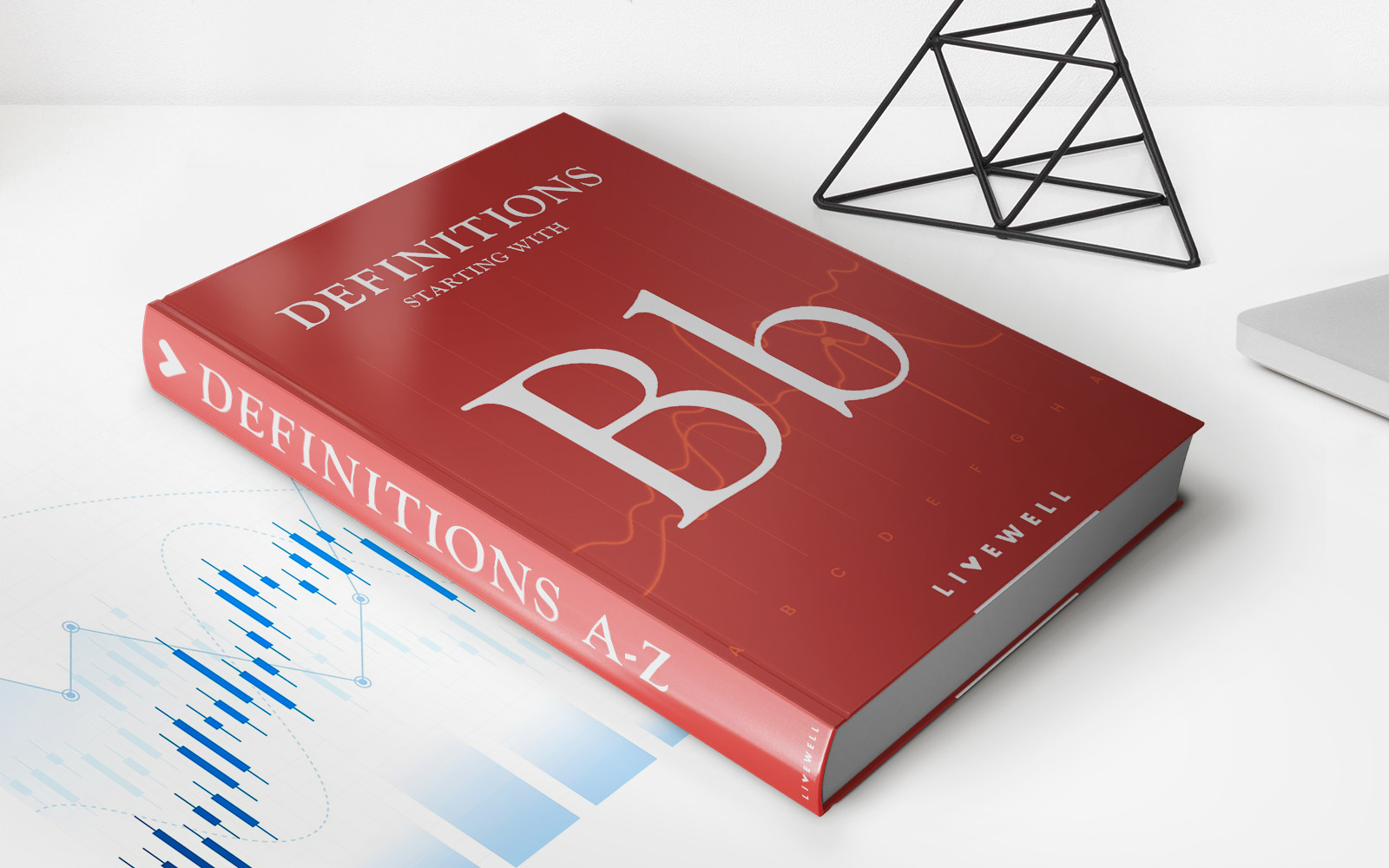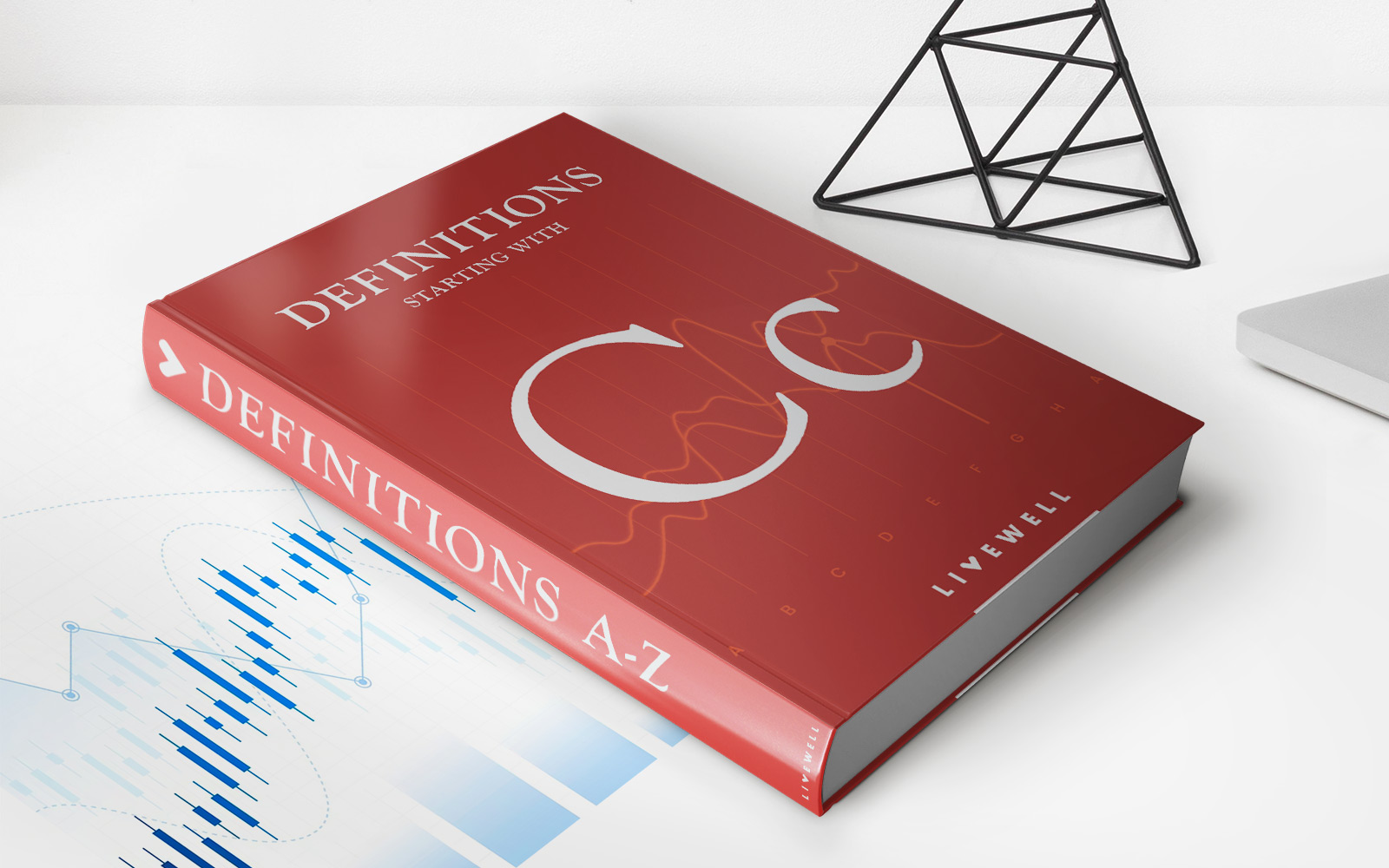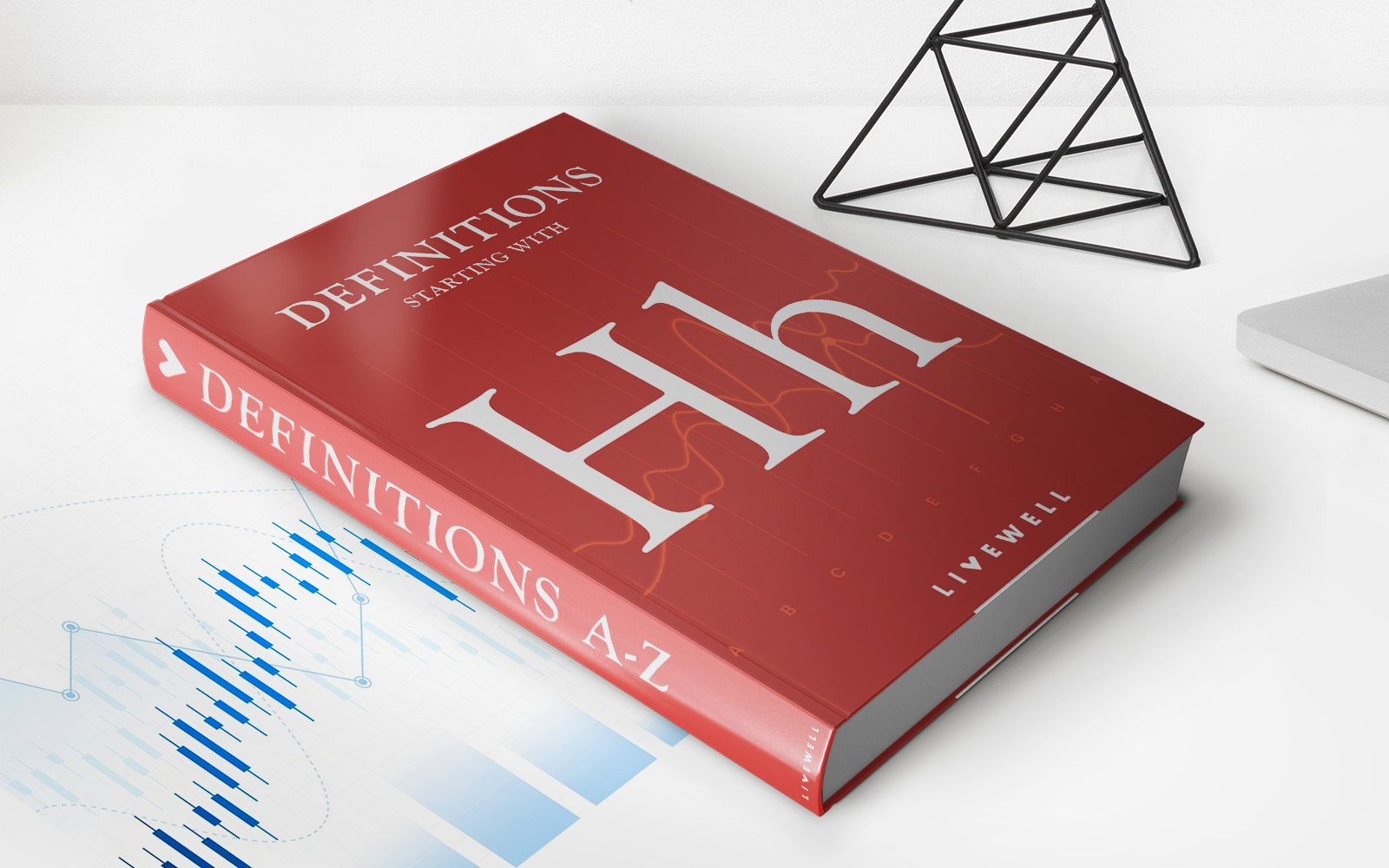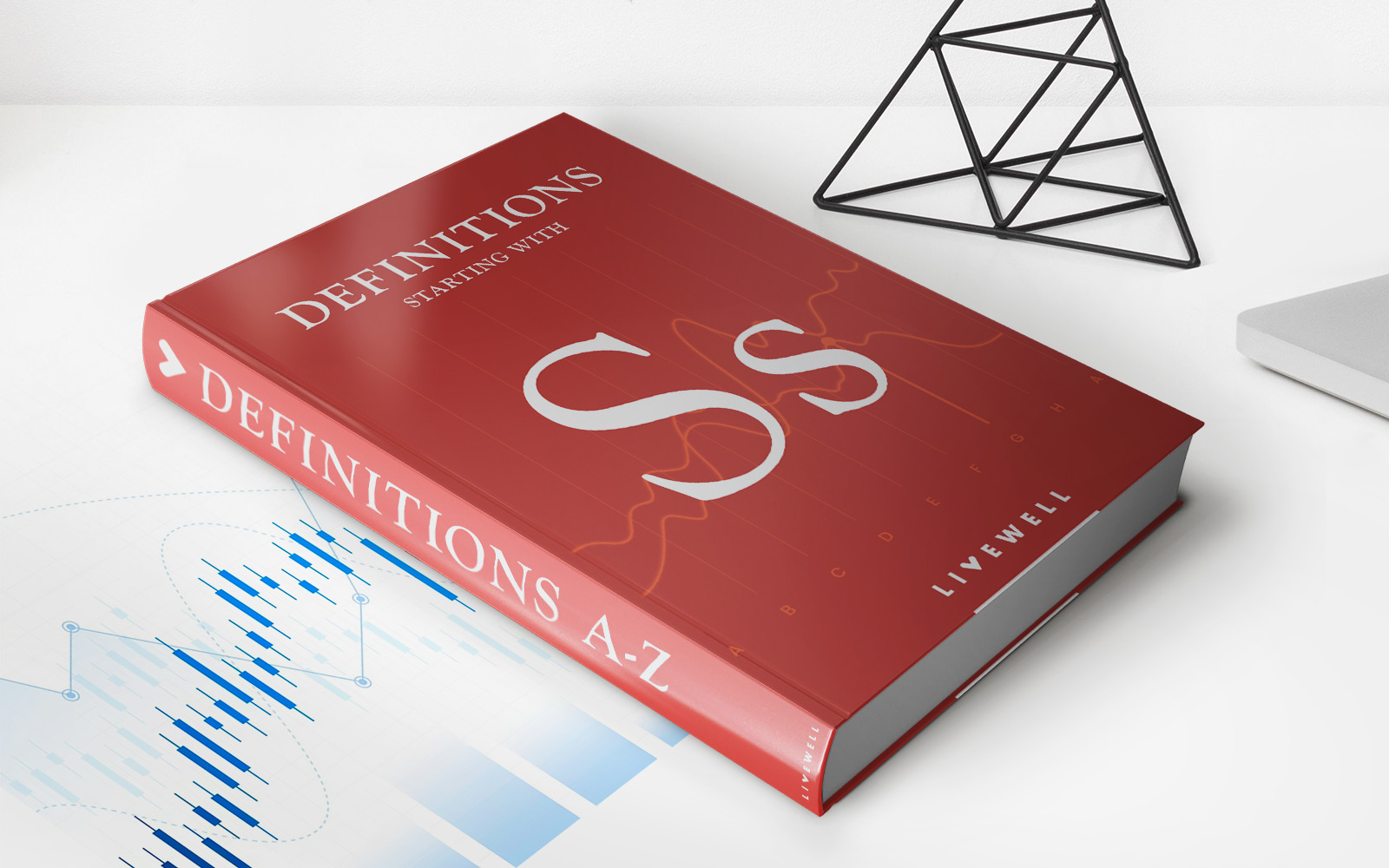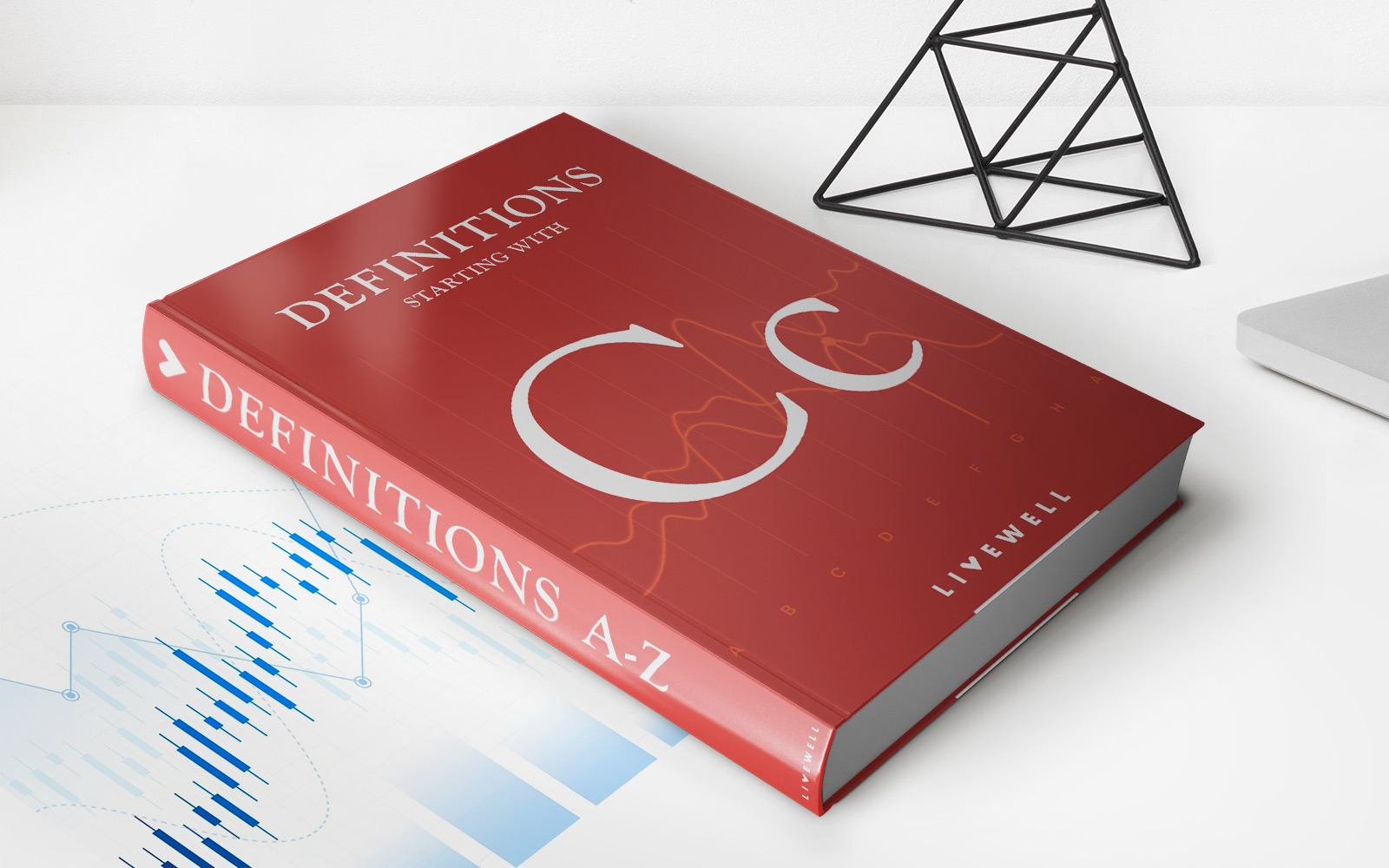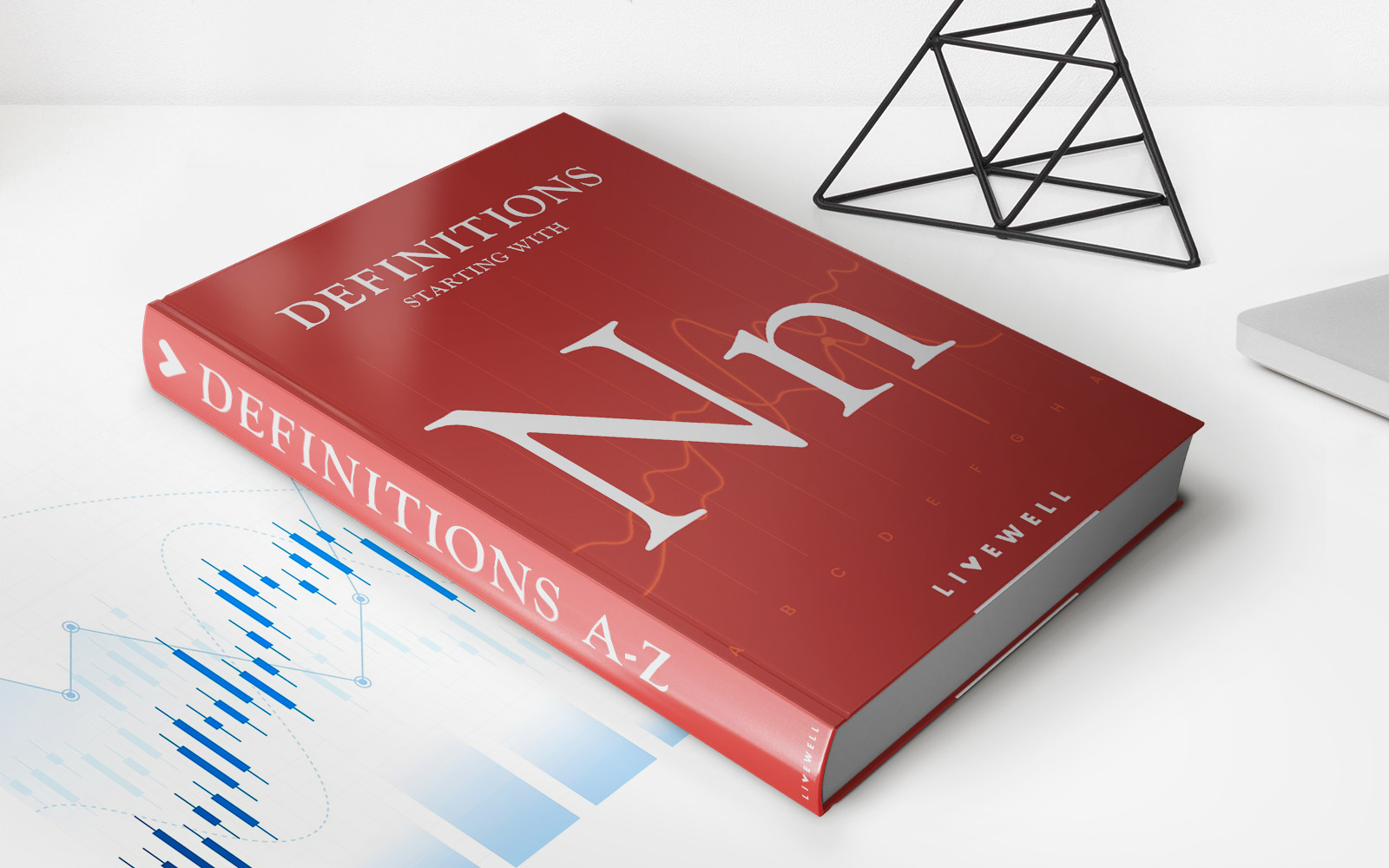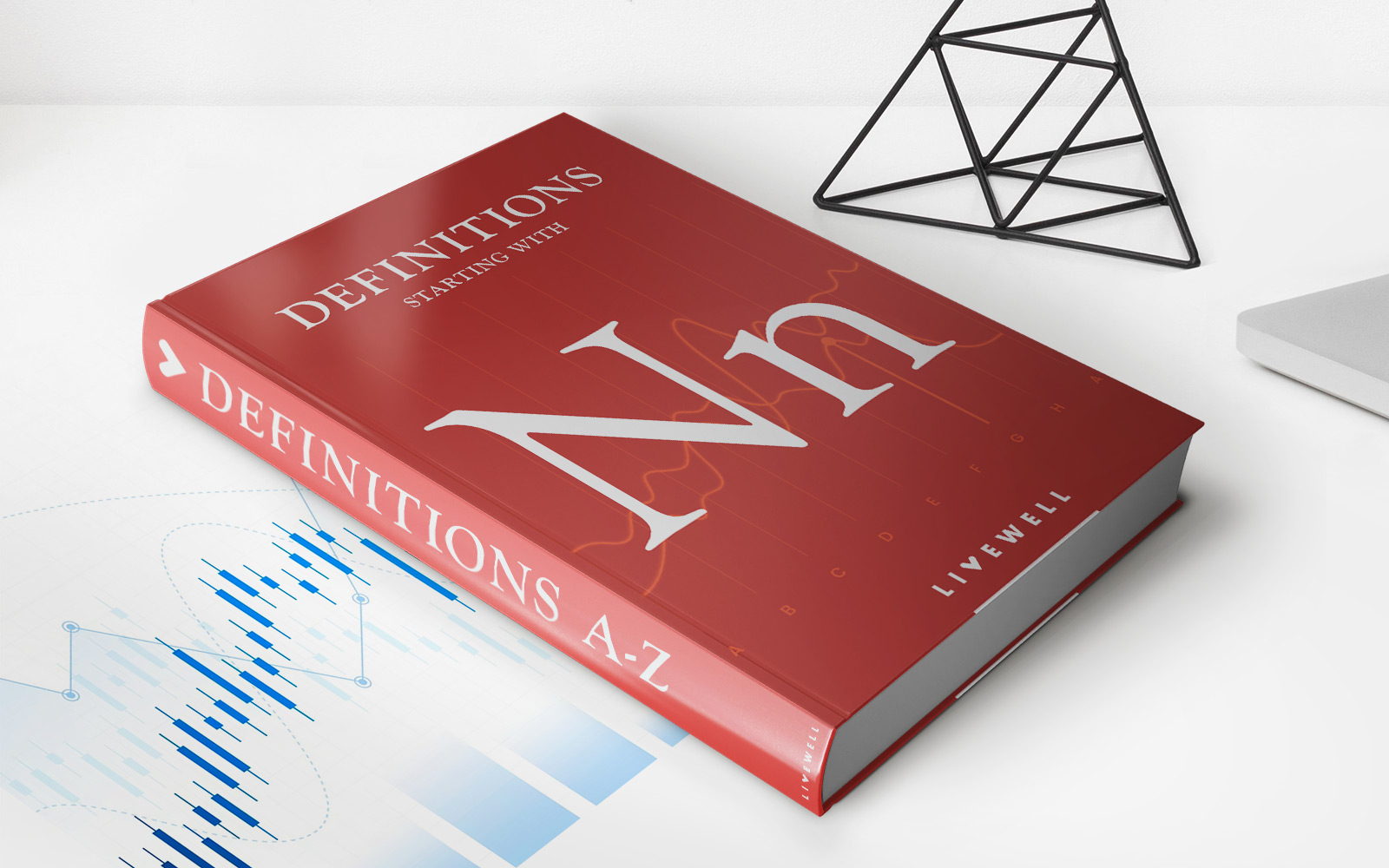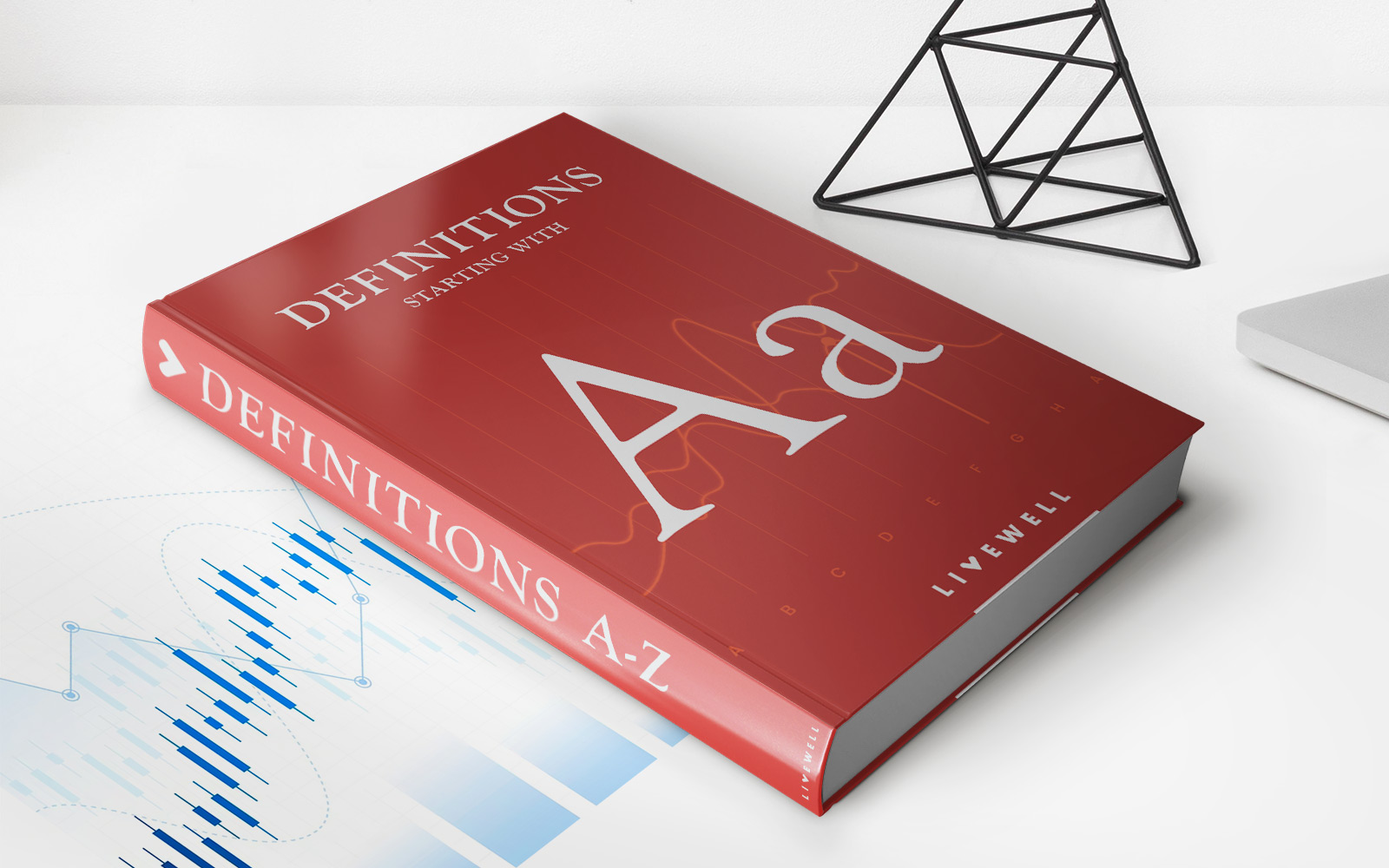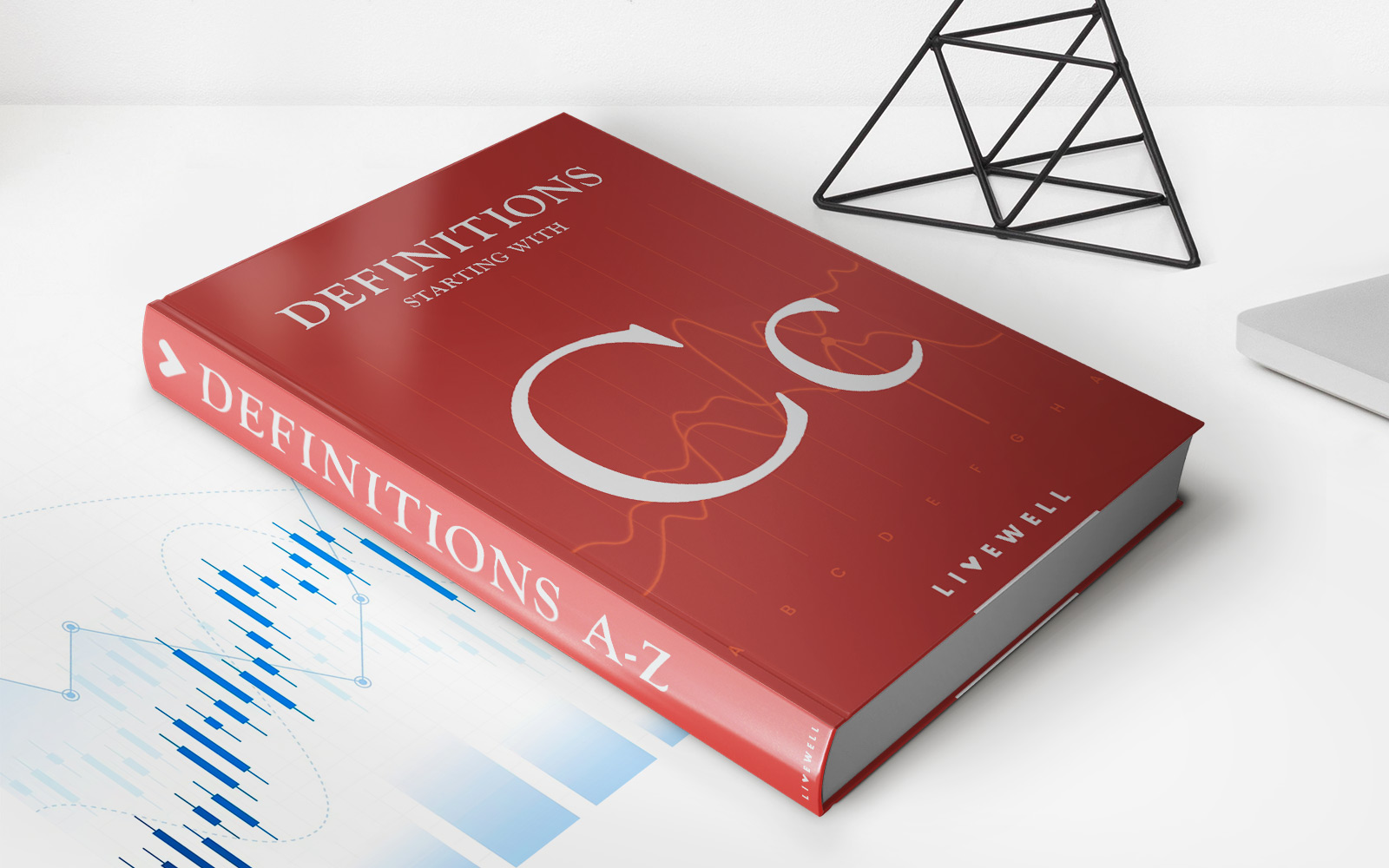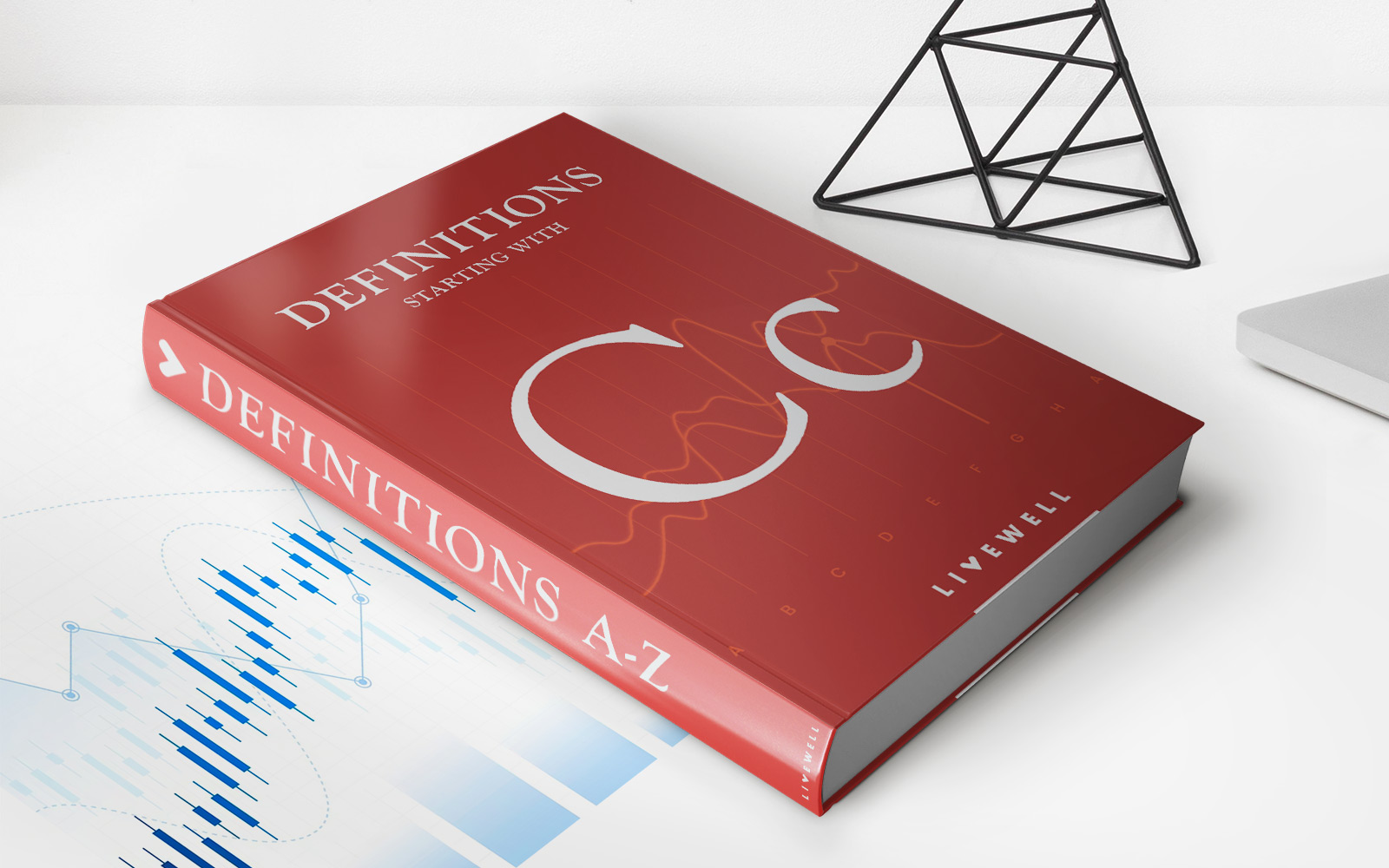

Finance
Complementary Currency Definition
Published: October 31, 2023
Learn the definition and key aspects of complementary currencies in the world of finance. Explore how these alternative forms of currency impact economic systems and exchange methods.
(Many of the links in this article redirect to a specific reviewed product. Your purchase of these products through affiliate links helps to generate commission for LiveWell, at no extra cost. Learn more)
Understanding Complementary Currency: A Powerful Tool for Financial Empowerment
When it comes to navigating the vast world of finance, having a comprehensive understanding of different concepts is crucial. One term that has gained momentum in recent years is complementary currency. If you’ve ever wondered what complementary currency is and how it works, you’re in the right place. In this blog post, we will demystify complementary currency and explore its potential to transform the way we think about money.
Key Takeaways:
- Complementary currency is a form of money that exists alongside national currencies.
- It is designed to encourage local economic development, foster community connections, and complement the existing financial system.
What is Complementary Currency?
Complementary currency refers to a type of alternative currency that exists in addition to traditional national currencies like the U.S. dollar or the Euro. While these national currencies dominate global financial systems, complementary currencies operate on a local or regional level. They are often created and managed by communities, organizations, or individuals who aim to stimulate local economies, empower communities, and address economic inequality.
Unlike national currencies, complementary currencies are not legal tender and are typically not accepted by all merchants. Instead, they are used within specific networks or communities, encouraging local spending and supporting local businesses. These currencies can take various forms, from paper vouchers to digital tokens, and operate on different principles depending on the goals of the community or organization behind them.
The Benefits of Complementary Currency
Complementary currency systems offer a range of benefits that can have a significant impact on local economies and communities. Let’s explore some key advantages:
- Stimulating Local Economies: By using complementary currency, communities can encourage residents to support local businesses, creating a circular economy that keeps money circulating within the region. This can help strengthen local businesses, reduce dependence on national chains, and contribute to the overall economic well-being of the community.
- Fostering Community Connections: Complementary currency systems often operate in conjunction with local networks and organizations, fostering social connections and collaboration. This can lead to stronger community ties, increased trust, and a sense of belonging, ultimately contributing to community resilience and well-being.
- Addressing Economic Inequality: Complementary currencies can be designed to address economic inequality by providing additional opportunities for those facing financial challenges. In some cases, they can be used to support marginalized groups, incentivize volunteer work, or provide access to goods and services that may be difficult to obtain with national currencies alone.
Conclusion
Complementary currency is an innovative tool that holds great potential for transforming local economies and empowering communities. By understanding the concept and the benefits it brings, individuals and communities can leverage complementary currency to create positive financial change. Whether you’re looking to support local businesses, strengthen community connections, or address economic inequality, exploring the world of complementary currency is a worthwhile endeavor.
So, why not take a leap into the world of complementary currency and discover the exciting possibilities it offers?
